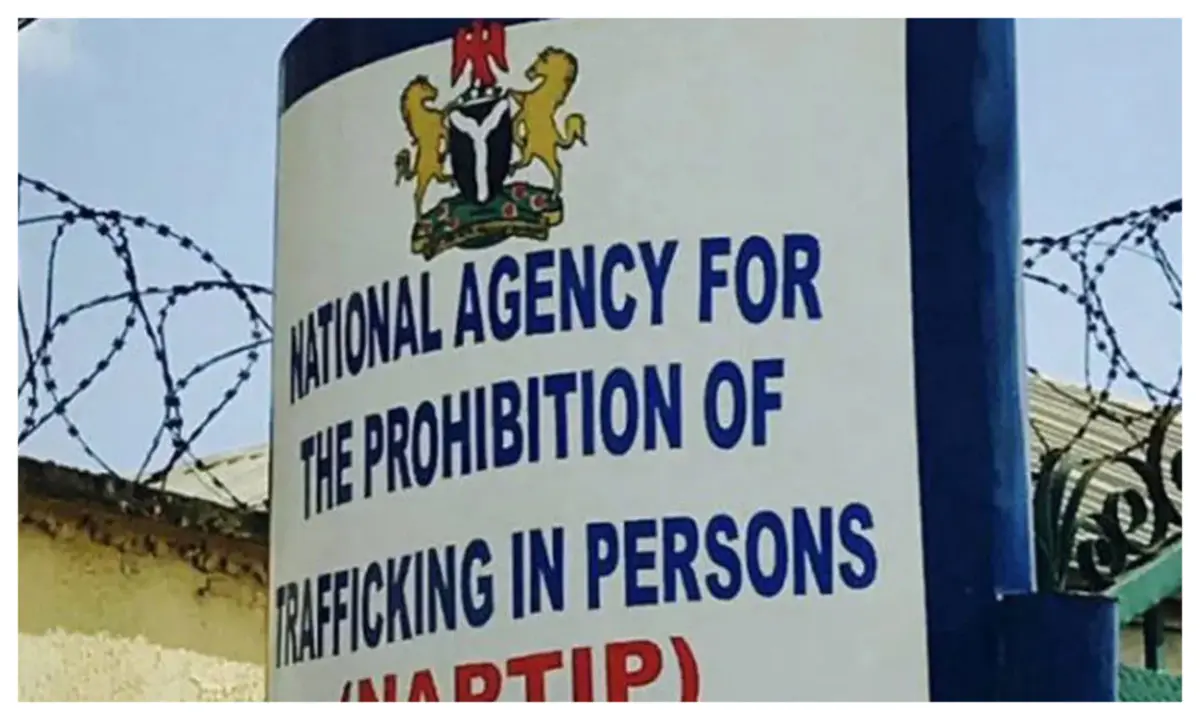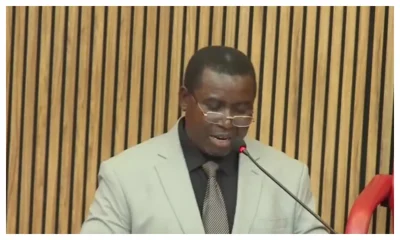NEWS
Parents Demand DNA Tests Over NAPTIP’s Abduction Claims

In a heart-wrenching twist to an unfolding national drama, parents of children allegedly trafficked by the National Agency for the Prohibition of Trafficking in Persons, NAPTIP, have cried out for help, demanding that the agency conduct DNA tests to prove their claims. The demand comes amidst a deeply contentious dispute that began with accusations from a Nigerian actor and activist and has since spiraled into a complex case involving allegations of child abduction, forced religious conversion, and a possible government agency overreach, leaving a trail of questions and a community in shock.
The controversy was first brought into the public domain by popular Nigerian actor and activist, Stanley Ontop, who accused NAPTIP officials of abducting eight children from the Happy Home Orphanage in Asaba, Delta State, on June 15, 2025, without formal documentation. The actor further alleged that the children, who he identified as being of Igbo descent, were moved from the Delta orphanage to the Nasarawa Orphanage Home in Kano State, where their names were allegedly changed and they were converted to Islam. The accusation, which went viral on social media, immediately drew a response from NAPTIP, which on Tuesday claimed that the children were not abducted but were in fact victims of child trafficking themselves. The agency’s spokesperson stated that the children were part of a group that had been stolen from Kano and taken to Asaba between 2017 and 2022, and that the agency was simply returning them to their state of origin.
In a powerful and emotional video shared by Stanley Ontop, the parents directly refuted NAPTIP’s claims, pleading with the public and relevant authorities for assistance. One of the mothers, Mrs. Favour Emeh, provided a tearful testimony, explaining that she was a widow who had recently lost her husband and had sought refuge at the orphanage as a cook. She claimed that three days after she started working there, NAPTIP officials abducted eight children, including her five-year-old son, Chukwudalu Emeh. She held up her son’s birth certificate for the camera, a clear piece of evidence meant to prove her maternal claim. Other parents in a series of videos on social media also made similar pleas, detailing the circumstances under which their children were taken and calling for a DNA test to establish their biological relationship. The parents’ demand for a DNA test is a critical turning point in this case, as it provides a scientific, objective way to resolve a dispute that has been based on conflicting narratives.
The entire incident has brought to light the complexities of human trafficking in Nigeria and the sensitive nature of NAPTIP’s operations. Dependable NG confirms that NAPTIP’s legal mandate is to combat human trafficking by rescuing and rehabilitating victims. However, standard operating procedures dictate that such operations should be meticulously documented and carried out in collaboration with local authorities to avoid a situation like this. The parents’ allegation that the children were forcibly converted and had their names changed without parental consent is a serious accusation that brings in additional legal and ethical questions. The children, whose names are Madu Abuchukwu Elijah, Madu Abuchukwu Chinwemeri, Madu Abuchukwu Nzubechukwu Ifeanyi, Chimamanda Azuke Mpa, Chibuike Azuka, Munachi Ogugua, Chukwudalu Emeh, and Chikamso, have become the focus of a custody battle that has captivated the nation. The case is a test for both the justice system and the government’s commitment to protecting its most vulnerable citizens. It also highlights the power of social media to raise awareness and mobilize public opinion on issues of human rights. The coming days will be crucial as the public awaits a response from NAPTIP and other government bodies to the parents’ demand for DNA tests. The resolution of this case will not only determine the fate of eight children but will also redefine the boundaries of trust between a government agency and the very citizens it is sworn to protect.








